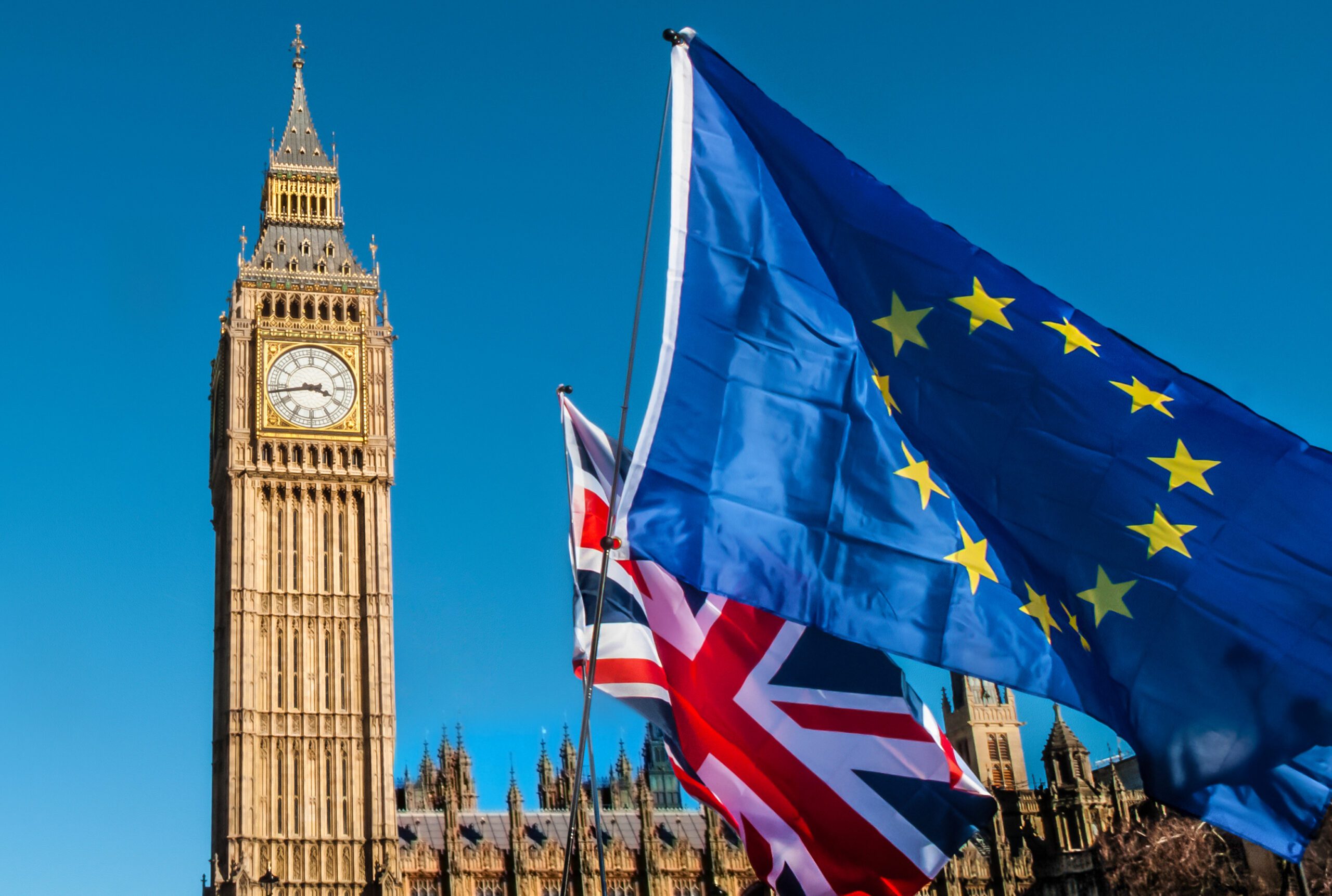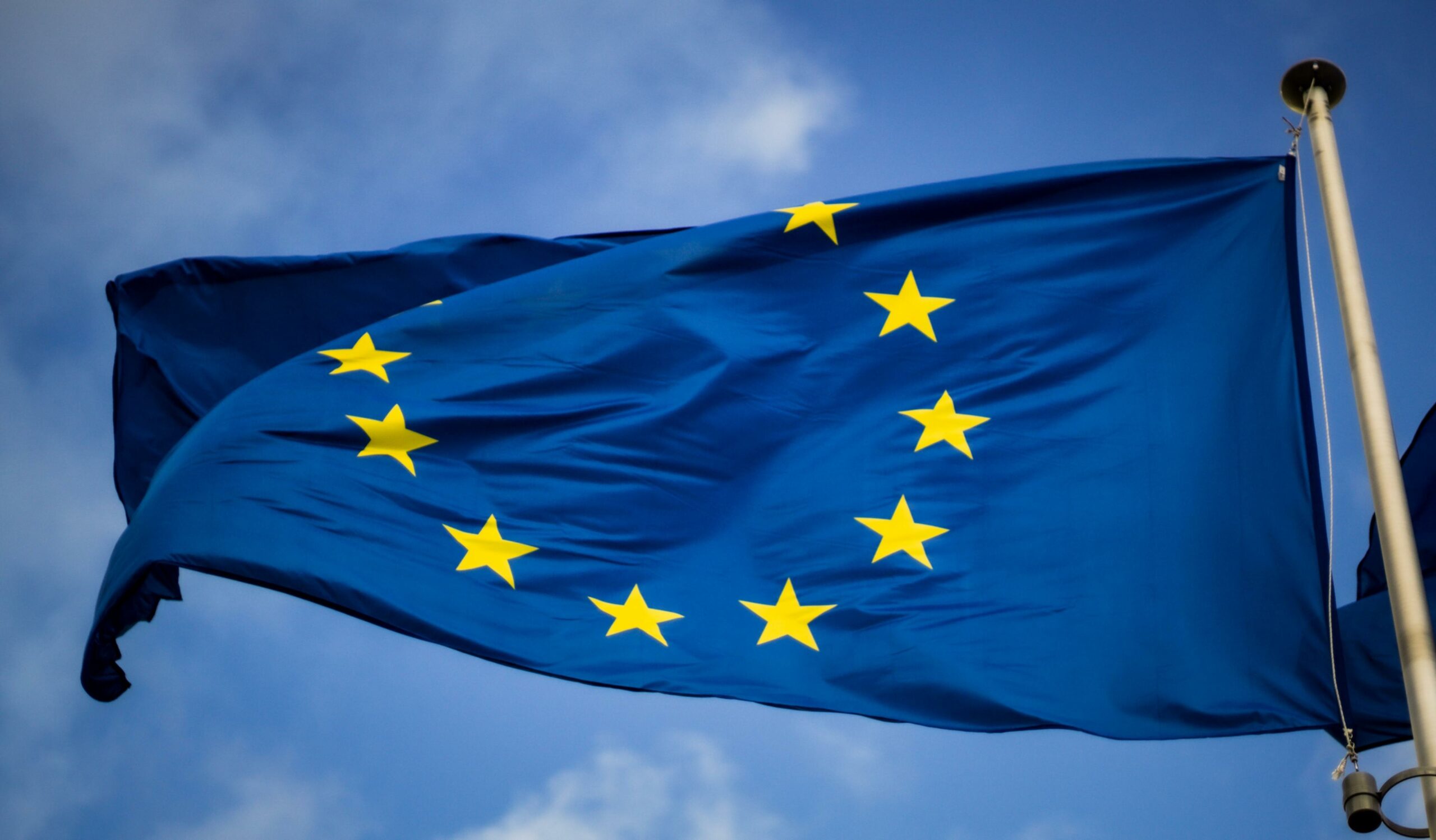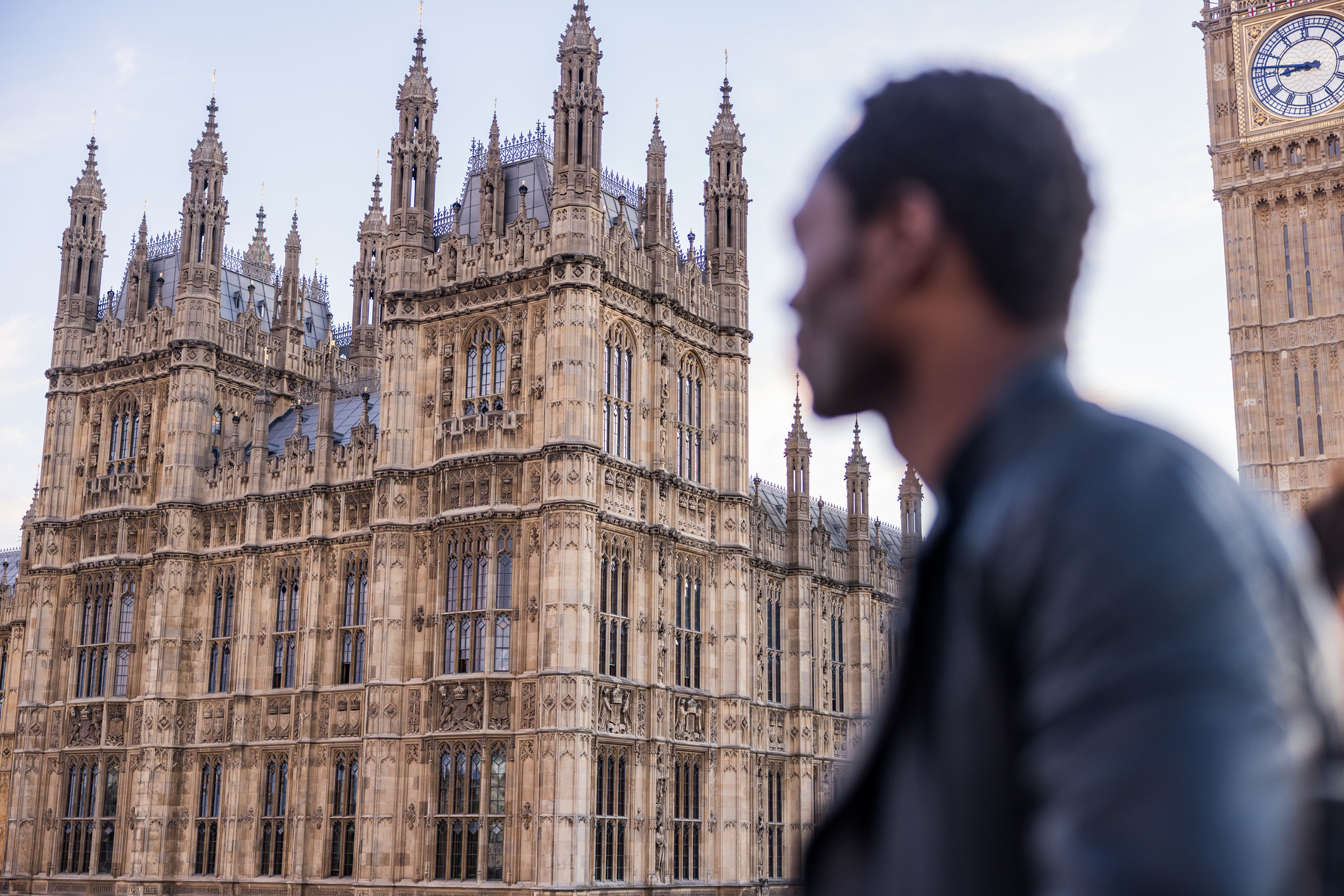We explore why a simplified visa process is vital for UK performers when working in the EU post-Brexit.
For UK performers, the post-Brexit landscape has introduced a host of new challenges when working in the European Union. Performers face complex and often confusing visa requirements that vary from country to country, and that lack of clarity is impacting their ability to work.
Whether touring a theatre production, filming abroad, performing at theme parks like Disneyland Paris, or working on cruise ships, UK performers now encounter considerable barriers that affect their ability to seize opportunities across Europe.
Spotlight is committed to supporting performers as they build sustainable careers and that includes being able to pursue work in the EU. We asked the Culture, Media and Sport Select Committee to look into this issue and we will be giving evidence about the impact of Brexit on performers and the wider industry in the Autumn. To help inform that, we created a survey for you to tell us about your experience of working in the EU pre and post-Brexit. This survey has now closed and the results are being analysed by our team.
Key Insights from Reading this Article:
- The post-Brexit landscape has replaced the UK performers’ freedom of movement across the EU with a patchwork of complex, time-consuming, and expensive country-specific visa and work permit requirements.
- The impact on performer’s careers includes the loss of income and valuable experience for individual performers, and the broader threat to the UK’s creative exports and global reputation.
- There’s a pressing need for the UK government to collaborate with EU counterparts to secure a simplified, reciprocal visa system. The current Trade and Cooperation Agreement (TCA) does not adequately cover artistic activity.
From Seamless Movement to Complex Paperwork
Before Brexit, UK performers enjoyed the freedom of working across EU member states without needing separate work permits or visas. This freedom facilitated not only artistic exchange but also economic growth, with UK cultural exports – including theatre, film and live performance – flourishing across the continent. However, without membership of the European Union, UK performers must now navigate a patchwork of immigration rules and work permit requirements specific to each country they visit.
At present, the UK-EU Trade and Cooperation Agreement (TCA) offers provisions designed to help a range of short-term business travellers, but it currently doesn’t include artistic activities. This means that UK actors touring multiple EU countries must comply with the specific immigration requirements for each country they visit. Applying for distinct work authorisations in each country often incurs high costs and lengthy paperwork. For example, a touring production visiting France, Germany and Spain will face three separate visa processes, each with its own criteria and timelines. The experience of working in Europe for actors can be financially prohibitive because of the costs associated with any paperwork.
The Toll on UK Performers and the Creative Economy
The repercussions of Brexit extend beyond administrative hassle. Reduced access to European work opportunities means UK performers face a loss of income and valuable experience. Each role and engagement hones actors’ skills, broadening their versatility and employability. The decline in cross-border work diminishes performer development, which in turn impacts the vibrancy and competitiveness of the UK’s creative industries.
Performers’ ability to work impacts all sectors within the creative industries – from theatre, film, television, touring productions, gaming (through motion capture and voice over), cruise entertainment and theme parks. Their ability to work internationally is critical not only for their careers, but also for sustaining the UK’s cultural exports and global reputation. Their success is the success of the sector.
The loss to the UK economy is significant. A 2023 House of Commons research paper on ‘Touring artists and the UK-EU economic partnership’ estimated that in 2019, exports of creative arts and activities were worth over £4 billion, accounting for 1.2% of UK services exports. The current visa regime threatens to erode this economic contribution.
What Needs to Change?
To support UK performers and the broader creative sector, there is a pressing need for the UK government to collaborate with EU counterparts to simplify visa arrangements. Ideally, this would involve adopting a system similar to the UK’s current visa-free arrangements for EU artists working in the UK, fostering reciprocal ease of movement.
Following the UK-EU Summit in May 2025, there are hopes that some of the regulatory barriers impacting businesses operating from the UK in Europe will be removed. We hope that this will also include less red tape for our cultural output too. The ‘Common Understanding’ document does at least recognise “the value of travel and cultural and artistic exchanges, including the activities of touring artists” and identifies it as an area that requires further work to “support travel and cultural exchange.”
Engagement through platforms like the European Commission’s Creative Europe programme could provide a framework for streamlining processes or offering dedicated support to performers navigating cross-border work.
Looking Forward
UK performers are among the country’s most visible cultural ambassadors. Their ability to work seamlessly across Europe enriches not only their own careers but also the UK’s cultural landscape and economy. Without concerted action to reduce bureaucratic hurdles, both performers and the creative industries stand to lose.
As the government and Parliament explore solutions, it’s essential to ensure that UK talent continues to thrive on the European stage. Streamlined visa processes and mutual recognition of artistic work will secure the future of UK cultural exports, demonstrating the nation’s commitment to fostering creativity and economic growth in a post-Brexit world.
Actionable Takeaways for Performers
- Factor in visa costs as a standard expense: Before auditioning or accepting a role in the EU, research and budget for the specific visa/work permit application fees and associated legal/translation costs for each country on the itinerary. This is now a mandatory financial consideration that can significantly impact project feasibility.
- Seek production/employer support: Actively communicate with potential European employers about covering the cost of all necessary work authorisations. Don’t assume production companies will handle this automatically.
- Establish a visa timeline for every job: Processing multiple work permits can sometimes take weeks so it’s worth building this lead time into your availability. Agree timelines with the production to avoid missing rehearsals or performance start dates.
- Keep records: Maintaining a dedicated digital and physical file of all correspondence, applications, receipts, and required documents (passports, invitation letters, contracts, etc.) for EU work can help you prepare for future applications and potential appeals.





